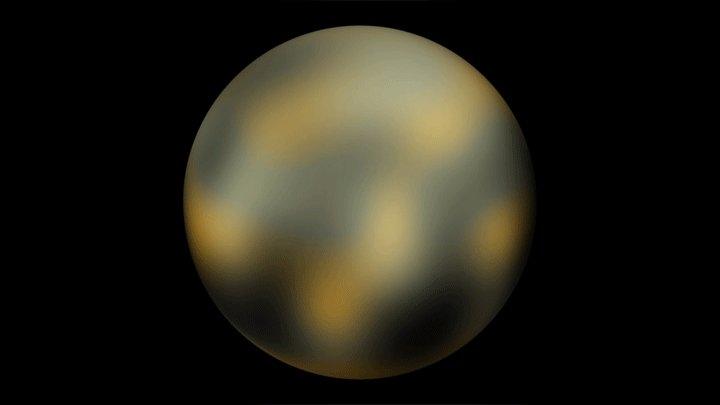This week, in one of my classes, I mentioned that before it turned grey and fell out, I had a lot of red hair.
Really.
Stop snickering.
I know my students have a hard time conceptualizing that there was a world full of people before they existed, but it’s true. I am a witness to that. There was life before you were born.
Proving what a good sport I am, I provide proof that life existed long before you graced this Earth.
This is a picture of me in 1977. I was a freshman in college. This was before I cut my hair. This was before I grew the mustache that decorated my face for more than half of my adult life. This is basically what I looked like in high school. (I tried to find a picture of me in eighth grade but could not)
Really.
Stop snickering.
See, there was life before you. Your teachers, parents and grandparents were all eighth graders at one time. We all survived, just as you will.
I am a witness to time before you arrived just as you will be witnesses to time after I’ve departed. Time just keeps rolling along, generation after generation after generation.
Really.
Stop snickering.
It’s not that funny.







